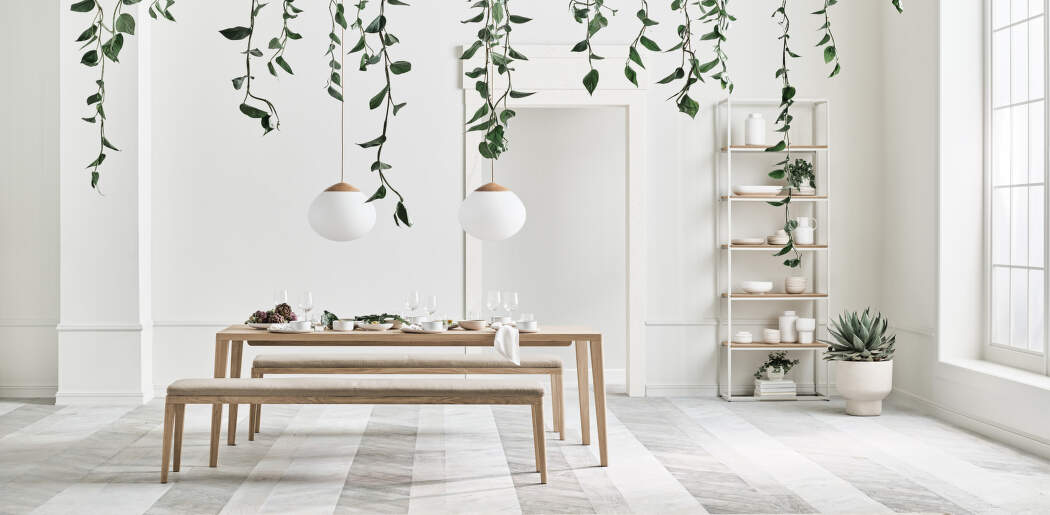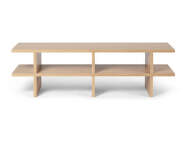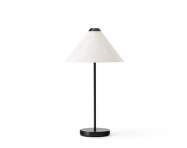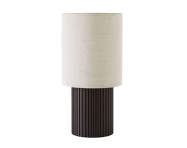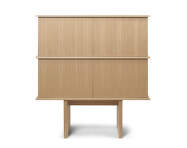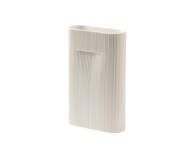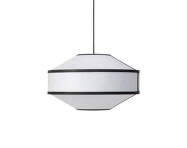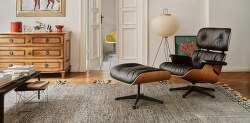The basis of Scandinavia in japandi style
Scandinavian design generally emphasises minimalism, simple shapes and functionality, i.e. the practical use of each piece in the interior. Light, muted colours are the basis, which in the Nordic countries make up for the lack of light in winter.
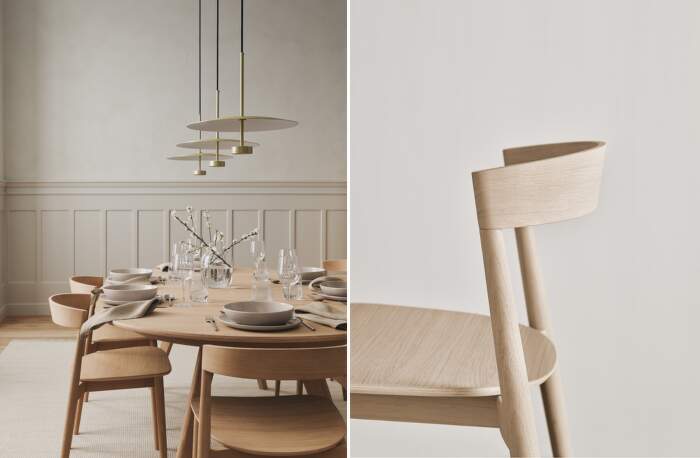
The Scandinavians have a deep connection to nature, which is why the use of natural materials is also a priority in the japandi style. Light oak or birch wood and soft materials such as wool and linen are popular. Combining all this creates the typical Nordic cosiness and comfort known as "hygge", which blends harmoniously with the Japanese aesthetic. And the result is a Zen world.
- Minimalism,
- simple shapes,
- clarity,
- clean lines,
- functionality,
- natural or upcycled materials.
Portions of Japanese aesthetics
Japanese aesthetics is significant for its wabi-sabi philosophy, which professes the beauty of imperfections. It has brought to the Japandi style a great appreciation for the irregularity of the textures of natural materials and an homage to traditional craftsmanship. The Scandinavian love of wood and natural textiles is complemented by the typical Japanese use of rice paper, bamboo, rattan and stoneware.
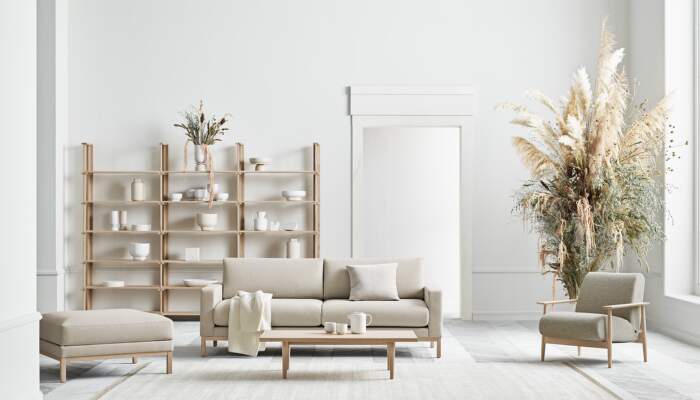
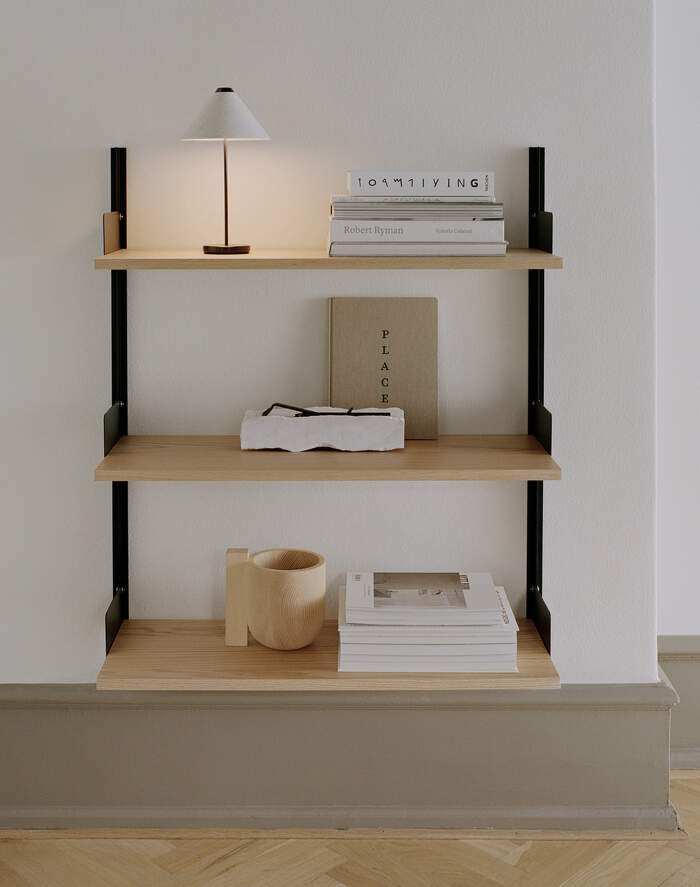
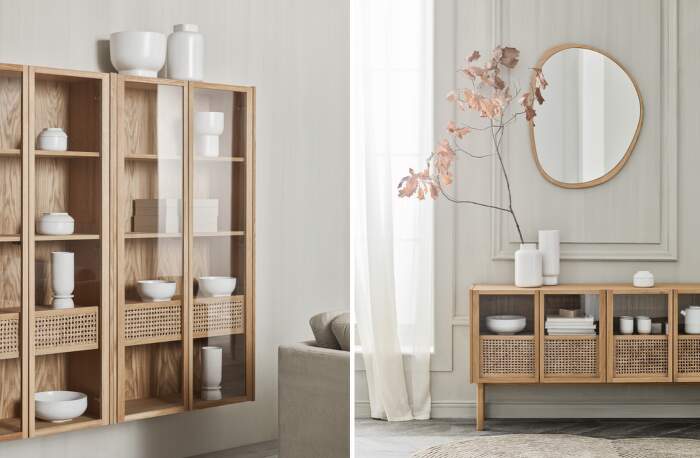
Zen principles place great emphasis on calm and balance, so you won't see unnecessarily distracting elements or bold decorations in Japandi interiors. Every item has a role to play in the interior, which they share with the northerners. The decorations are often books, vases or designer boxes and organisers.
Typical of the japandi style is also low-profile furniture, which not only makes the space airier but also emphasizes the balance. According to Japanese philosophy, this is best achieved by close contact with the ground.
- Traditional crafts,
- connection to the ground (low-profile furniture),
- beauty in imperfection (wabi-sabi),
- contrasts of colour (often contrasting dark details),
- bamboo, rice paper, stoneware.
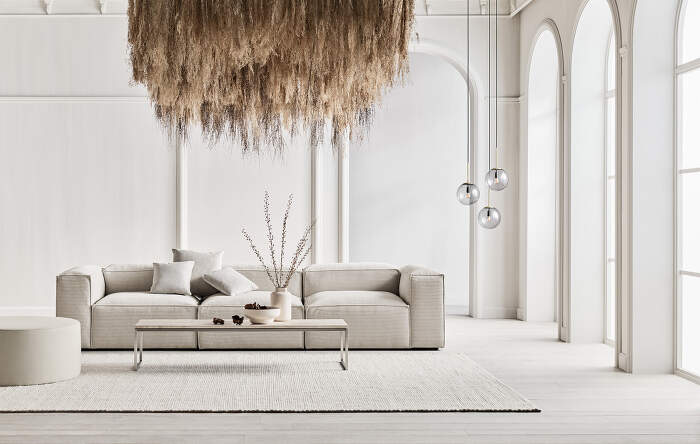
Why was it a good idea to link Japan and the Nordic countries?
As you may have noticed from the previous lines, Japanese aesthetics and Scandinavian design share a lot of common values.
In a way, the Japanese mindset takes a bit of the edge off of Scandinavian directness and pragmatism, and together they create a modern style for minimalists looking for a calming space for mental well-being.
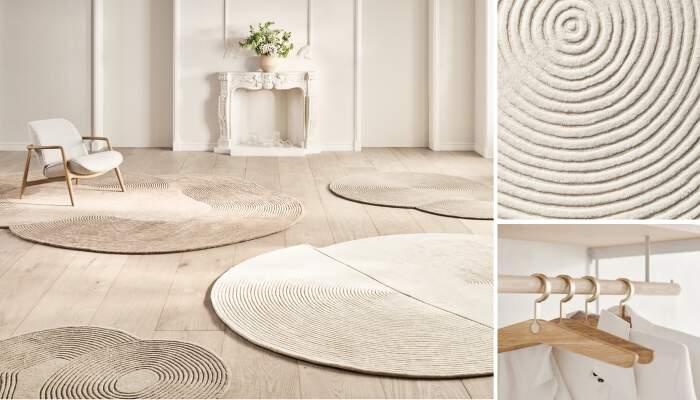
Have you fallen in love with japandi style? We've curated a selection of products from this Japanese-Scandinavian fusion on the DesignVille e-shop and called it Zen World. Get inspired and bring home some of the zen undertones of Scandinavian design!
